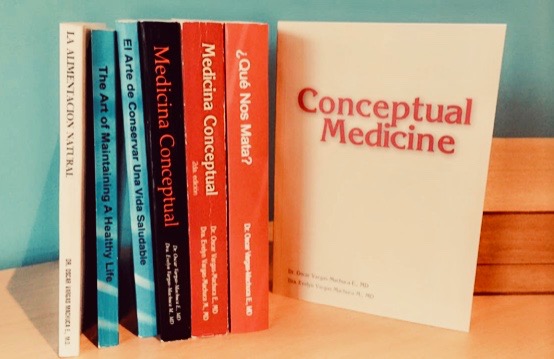12 Jun Metabolism
 In my practice I view metabolism from a physiological point of view, where there is a need to explain about the “the euthyroid sick syndrome” which gets very little attention in regular medicine. This syndrome results in the slowing down of our metabolism, and not necessarily due to strenuous factors like intubation or severe burns, but rather, as a simple mechanism of energy saving, produced when we do not eat properly or enough, to satisfy our metabolic needs.
In my practice I view metabolism from a physiological point of view, where there is a need to explain about the “the euthyroid sick syndrome” which gets very little attention in regular medicine. This syndrome results in the slowing down of our metabolism, and not necessarily due to strenuous factors like intubation or severe burns, but rather, as a simple mechanism of energy saving, produced when we do not eat properly or enough, to satisfy our metabolic needs.
Nowadays the health disorder known as hypothyroidism has become so common that we pay very little attention to it when it happens, and it happens to most of us just as soon as our gut beings to age. This of course is not coincidence, in simple terms, if the amount of nutrients in our food diminishes, and therefore there is not enough food to sustain all of our cellular processes, then it is necessary for our bodies to slow down and function with what little nutrients we can get from our environment, to carry out the least amount of cellular activity possible.
However, it would be very hard for our body to use the thyroid gland to slow down our metabolism, especially when this gland is not a stress gland. The thyroid gland makes only two types of hormones known as tetraiodothyronine and triiodo thyronine, also known as T4 and T3 respectively. Hormone T3 activates metabolism, whereas T4 is only a reservoir for making T3 when metabolic activation is required.
When at any time in our lives a state of cellular hunger occurs, especially when there is a lack of appropriate nutrients, hormone T3 is taken up by our organs and changed to a reversed form of the hormone known as inverse T3 or T3R. Inverse T3 cannot activate metabolism, in fact it causes nothing and its lack of action causes reduced metabolism. This in turn is a defense mechanism which forces our bodies, depleted of nutrients, to go into rest avoiding the use of unnecessary energy expenditure.
This change in hormone T3 into T3R, would cause minimal damage if we were to only understand that in the process of aging, our metabolism is bound to slow down, and we should also slow down as well. The problem however is that this syndrome starts when we are in the peak of our youth, when we are roughly 30 years old. At this age is when most people being to gain weight or start to present illnesses that tend to disappear for a short while, only to come back again in the form of disease.
Treating slow metabolism requires the understating that nutrition and lifestyle changes are paramount to keep this mechanism of defense at bay. Therefore our approach is not to treat the thyroid gland, but to treat the malnourishment while creating an environment that will cause the least amount of energy expenditure in the individual, giving as a result better quality of life and longevity.
MAKE AN APPOIMENT




No Comments